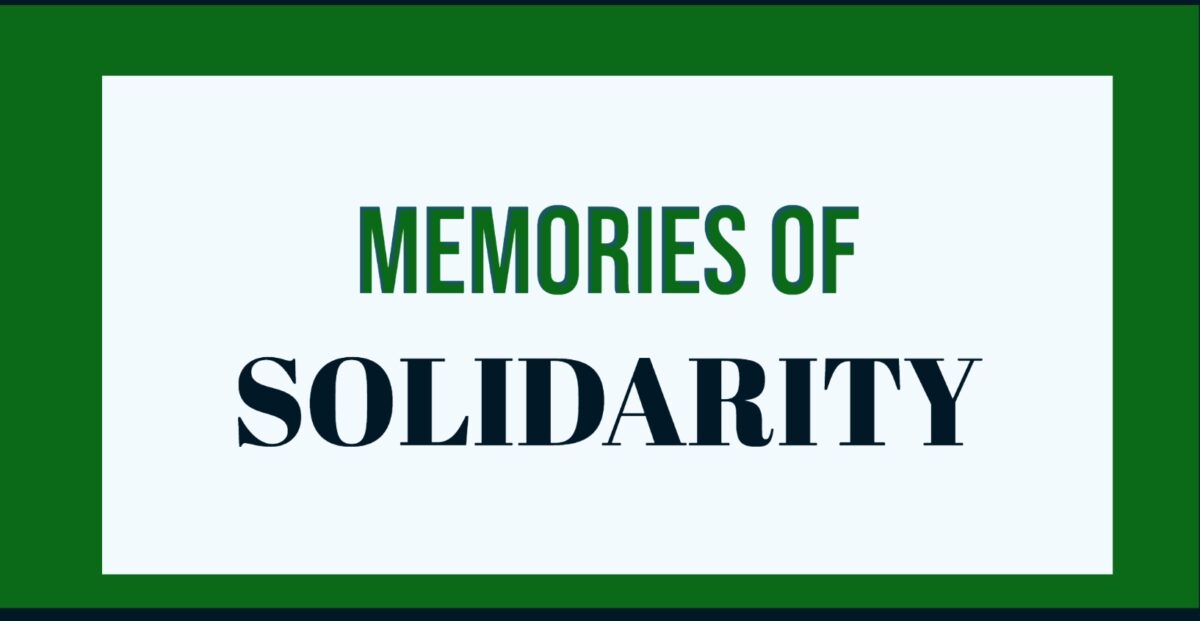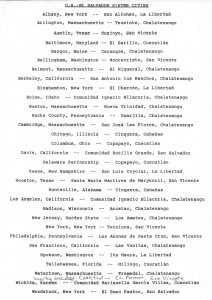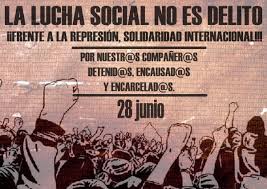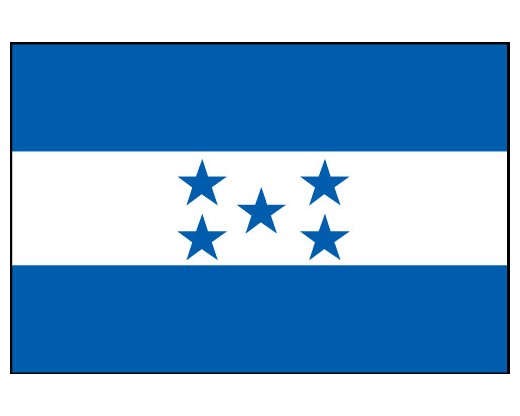Historical Memory, Sister Cities
Reflecting on 35 Years of Solidarity
By Patrice Forrester and Jacey Anderson
On April 24, 2021, over fifty people gathered online to learn about, celebrate, and reflect upon the 35-year solidarity relationship between El Salvador and the United States. The Historical Memory Working Group organized the event and invited some of the early US organizers: David Amdur, Esther Chavez, Suzanne Geoghegan, David Grosser, Tim Lohrentz, Carol Yourman, to be a part of the discussion. Many other people–both historic and new–joined the conversation as well. Historian Molly Todd gave a keynote address that explored why Salvadoran leadership in the Sister Cities movement was (and is) often hidden or muted. We explored an online exhibit that included photographs from the war era, and had small group discussions about how history might help us think about organizing today. Below are some of the key themes from those discussions.
Sister Cities & Current Events
- Diversity in leadership and membership (ethnicity, age) can play a role in current events and sustain the work of Sister Cities into the future
- Collaborate with Salvadoran partners (e.g., CRIPDES) to understand what issues to address and how to address issues
- Address root causes of migration
- Intentional inclusion of more US Salvadorans in Sister Cities to engage in sistering and advocacy efforts (e.g., US Salvadorans on delegations)
- Advocacy in the US to educate public and others in government about issues impacting Salvadorans and to promote better US policies for immigration and Central America
- Sister with Salvadoran communities to continue to understand importance of issues impacting Salvadorans and to support sustainable Salvadoran communities
White Privilege
- Privileges include being in the US with connections to money, media, or relationships with government officials that can be used to accompany Salvadorans
- Have conversations with Salvadorans and others involved in social justice work outside of Sister Cities to explore how privilege affects solidarity work.
- Leverage and diminish privilege through intentionally having Salvadorans in leadership roles and as advocates for issues impacting their community
- Follow the leadership of immigrants or Latinx organizations in the US on how Sister Cities can be helpful.
- Work together with Central American organizations on issues impacting their communities.
Role of International Solidarity
- Meld together sistering groups that focus on long-term solidarity and relationships, and advocacy work which national groups are doing
- Build bridges on shared issues (e.g., environmental justice)
- Listen to Salvadorans on the ground involved in community work to gain a different perspective (e.g., youth delegations)
- Support community efforts led by Salvodarans in El Salvador
- Connect to movements for justice in the US and share about the common struggles faced in the US and El Salvador
- Connect with people from SC communities now in the US and see how they would like to be engaged in Sister Cities if at all
- Meet people from Salvadoran communities who are in US and listen to their stories
Strengths & Challenges of Organizing
- Challenge of aging committees; need younger organizers in El Salvador and US
- Challenge of less emphasis in Sister Cities on using sistering relationships with El Salvador as a foundation to advocate for ways that people in US can positively support Salvadoran communities
- PopEd national group has been successful at recruiting young people
- Sistering relationships were the basis for SC to educate and dramatize the issues in El Salvador to those unaware in US how US policies impacted Salvadoran communities
We hope to continue this type of event in the future. If you are interested in joining Sister Cities’ Historical Memory working group, please contact Jacey at jacey.sistercities@gmail.com




